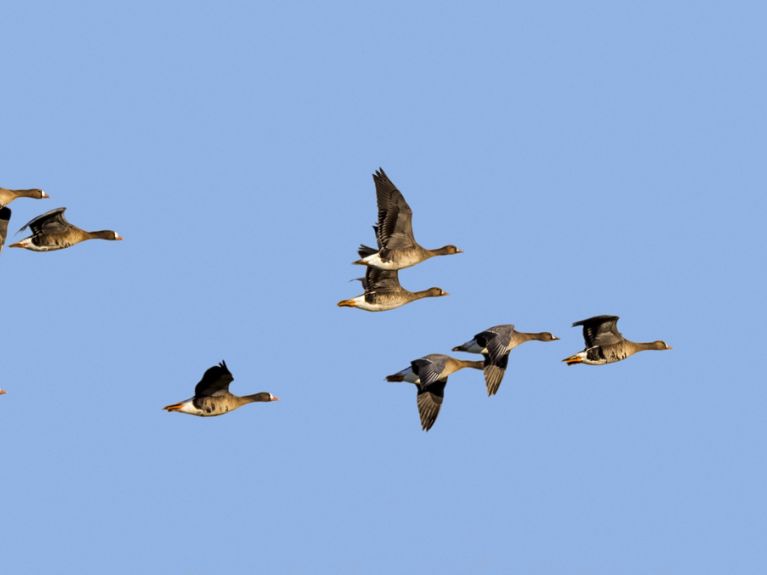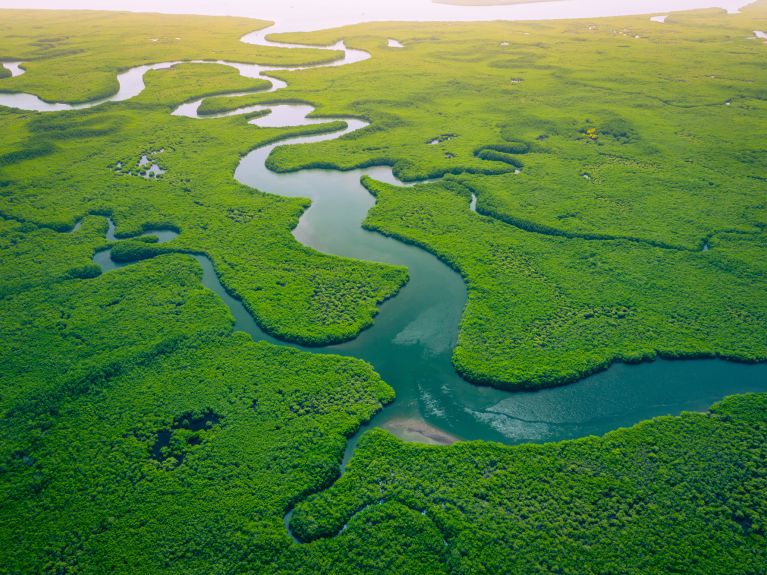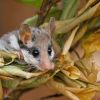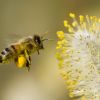Protecting species worldwide
What has species protection to do with pandemics? And why do we need it for oxygen to breathe? You can find out here.

Species protection and the Covid-19 pandemic
Many diseases, such as Covid-19 or Ebola have their origins in the animal world. They are known as zoonotic diseases. They occur mainly where humans penetrate previously untouched ecosystems and come into contact with viruses to which their immune systems have not been adapted. Germany was already looking into this topic before the outbreak of the Covid-19 pandemic. The Federal Foreign Office and the Wildlife Conservation Society have been holding the “One Planet, One Health, One Future” conference in Berlin since 2019. Scientists, politicians and activists from almost 50 countries meet each year to join in exchanges and find out how the risks of pandemics can be lowered through the conservation of ecosystems and biodiversity.
International convention on biodiversity

International agreements play an important part when it comes to the worldwide conservation of biodiversity. That is why the Convention on International Trade in Endangered Species of Wild Fauna and Flora (CITES) has been valid in Germany since 1976. It protects around 5,600 endangered animal species and 30,000 plant species. Up to now 183 states have signed the convention. In addition to CITES, Germany is also involved in the conservation of migratory species of wild animals. Under the Bonn Convention, which came into effect in 1983, 130 states have pledged to protect animals that cross their national borders while migrating.
Marine conservation

Nowadays there is often little life to be found where tuna and sharks once abounded. According to the World Health Organization around 33 per cent of all fish stocks have been reduced to their biological limits through fishing. A further 60 per cent have been completely depleted. That is why Germany is involved in promoting species diversity in the seas around the world. This also includes the protection of mangrove forests. They are considered to be among the earth’s most species-rich and most productive biotopes. As the habitat and breeding grounds of more than 3,000 species of fish, they contribute greatly towards the preservation of fish stocks. Together with the World Wide Fund for Nature (WWF) and the International Union for the Conservation of Nature and Natural Resources (IUCN), Germany is supporting 40 projects in 15 countries for the protection and replanting of mangrove forests.
You would like to receive regular information about Germany? Subscribe here:


